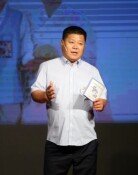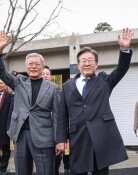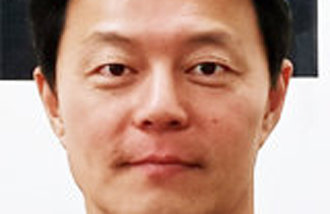[Op-ed] Teachers Day and `Chonji`
With Teachers Day (May 15th) approaching, teachers in southern Seoul and the Bundang district of Seongnam, Gyeonggi Province, have grown agitated since the Anti-Corruption and Civil Rights Commission launched a probe into these areas. The commission has proclaimed 2009 as the year of a war waged against chonji, literally meaning a slight token of gratitude or a small gift. Investigators even searched shopping bags and luggage compartments of teachers cars. A teacher subject to the investigation said, Ive never been insulted like that. I was humiliated in front of students.
The Korean Federation of Teachers Associations has criticized the probe, saying, The commissions investigation on chonji can be considered an act considering the countrys 500,000 teachers as potential criminals. The investigation needs to be conducted when students are not around, but other critics urge shock treatment to eradicate Koreas deep-rooted chonji culture. When the commission surveyed parents last month, 18.6 percent said they gave chonji to teachers over the past year. Of them, parents living in southern Seoul accounted for the biggest share of 34.6 percent. On the positive side, the figure is far lower than in 1998, when 55.2 percent said they gave chonji over the past one year in a survey conducted by the Korean Institute of Criminology.
Foreigners usually have difficulty understanding why parents give chonji to teachers. When Korea was an agricultural society, Koreans used to give the finest crops to the teachers of their children at village schools. In a recent survey, 6.4 percent of parents said, Chonji is a small gift to express gratitude. The majority of parents, however, did not share this view, with 46.8 percent saying chonji is no different from a bribe and another 46.8 percent saying it is different from a bribe but should be eradicated.
Chonji culture has grown due to the intent of parents to get preferential treatment for their children at school or at least prevent their children from being disadvantaged. The practice is also due to a culture of conformity, as many parents give chonji to teachers due to fears that other parents might do so. At the same time, teachers are also fearful of the responses of their colleagues since they could get blamed for pretending to be transparent if they decline to receive chonji. Both parents and teachers are responsible for chonji culture but teachers need to make more efforts to decline chonji from parents. Otherwise, they will inevitably face external investigation. It is shameful that disputes over chonji emerge whenever Teachers Day draws near.
Editorial Writer Chung Sung-hee (shchung@donga.com)







